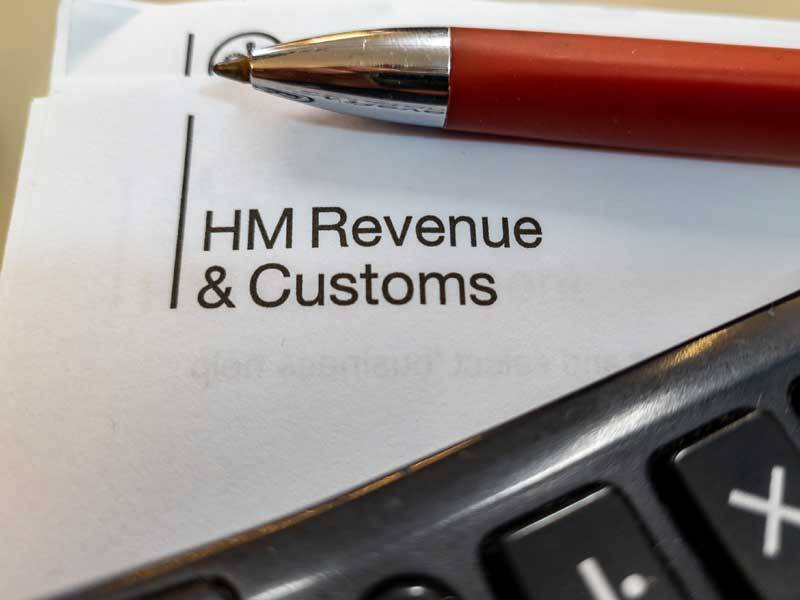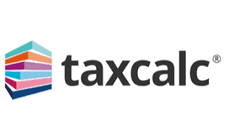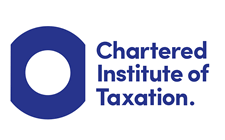Annual Tax on Enveloped Dwellings (ATED) is an annual obligation and fee imposed on companies and certain entities that possess residential properties. This requirement arises at the time of acquiring a property valued over £500,000, and it must be fulfilled annually thereafter. Properties valued below £500,000 are exempt from this obligation. Each property is evaluated on an individual basis. A return for ATED must be submitted to HMRC within 30 days following the purchase of a property. Subsequently, an annual return is required by April 30th, detailing each property owned by the business as of April 1st.
The ATED charge is determined by the value of each property, with the charge increasing in accordance with the property's value. There are several reliefs available under ATED, with the most frequently utilised being those applicable to leasing property to third parties on commercial basis and businesses engaged in the development of houses for sale.
It is crucial for every business that owns such properties to file an ATED return, even in cases where no charge is applicable. Failure to submit an ATED return can result in significant penalties imposed by HMRC. Please contact us if you need assistance and guidance in meeting the ATED compliance requirements.
Talk to us about your ATED Returns
Call us to book a FREE consultation on 03332 241 209 and see how we can support your business!

Related Services

Tax Advisory Services
We assist clients nationwide as they navigate the complexities of the modern tax environment. As award winning tax advisers, we take pride in our commitment to our clients' success.

Complete Finance Function
Why burden your business with the high costs of an in-house finance department? By partnering with us, you can save thousands of pounds while gaining access to a complete finance team.

Corporation Tax Returns
Corporation tax is a significant expense for most businesses, and getting it wrong can lead to severe penalties and the high costs associated with tax investigations.

Non-UK resident individuals & companies
HMRC employs the Statutory Residence Test to assess an individual's tax residency, considering various factors.









 This website uses both its own and third-party cookies to analyze our services and navigation on our website in order to improve its contents (analytical purposes: measure visits and sources of web traffic). The legal basis is the consent of the user, except in the case of basic cookies, which are essential to navigate this website.
This website uses both its own and third-party cookies to analyze our services and navigation on our website in order to improve its contents (analytical purposes: measure visits and sources of web traffic). The legal basis is the consent of the user, except in the case of basic cookies, which are essential to navigate this website.